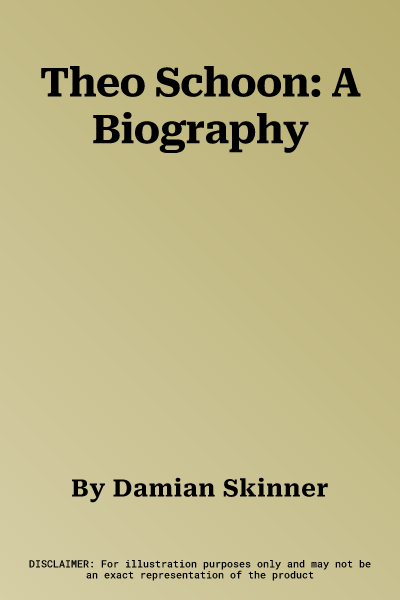Emigré artist Theo Schoon was fascinating, unorthodox, controversial,
pioneering, and at times reckless. His life intersected with important
cultural periods and places, where what it meant to be modern in New
Zealand were being debated and articulated in art, literature, music,
and theater. The art he pioneered and promoted--Maori rock drawings, the
drawings of a psychiatric patient, Maori moko and kowhaiwhai, the
abstract patterns of geothermal activity in Rotorua--were decisive for
many other New Zealand artists, including Gordon Walters. And his
example, as an academically trained artist with a good knowledge of
modern European art and a commitment to do whatever it took to pursue
his artistic projects, was both an inspiring and a cautionary tale.
Schoon's is a life less well known now than it deserves to be. This
superb, highly illustrated biography by one of New Zealand's best art
writers corrects that imbalance and examines Schoon's claims on the
development of art and culture in Aotearoa in the 20th century.

